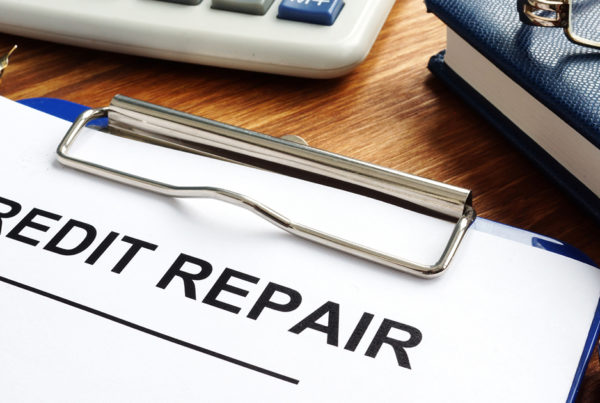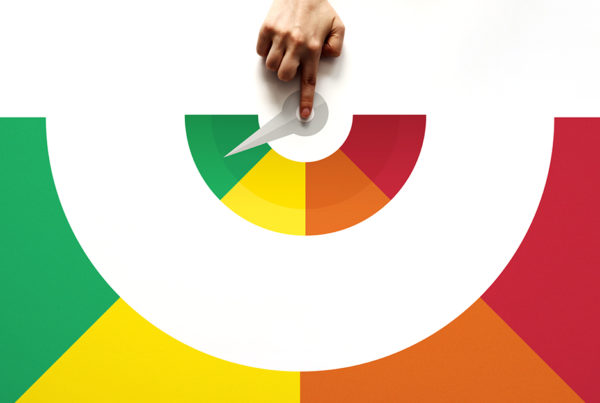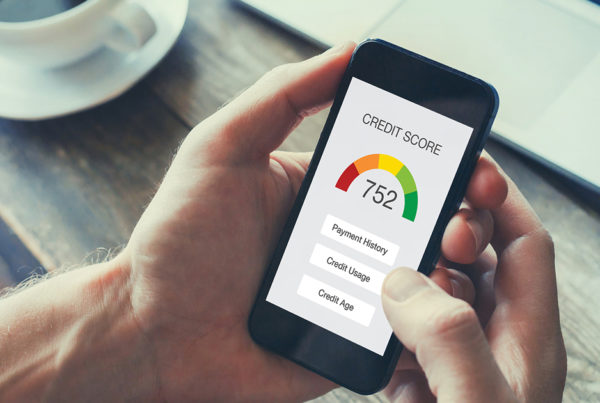In addition to exercising more and eating healthier, getting organized is among the top 10 resolutions made each January. And if the popularity of the Netflix show Get Organized with The Home Edit is any indicator, people are tired of living in clutter and ready to put their books in rainbow-order. To which we say, go for it!
Once you’re done cleaning out your sock drawer, there’s another area of your life that could probably use a little TLC: your credit. This may seem like a boring and much less visually satisfying space to organize, but many of the steps take just a few minutes and can have long-term benefits for your financial health. Check out these seven housecleaning tips for getting your credit in tip-top shape.
- Set up calendar reminders for regular credit monitoring.
You can get a free copy of your credit report from each of the three credit reporting agencies (Experian, TransUnion and Equifax) every year, so you should request a credit report every four months through AnnualCreditReport.com.* Set up a reminder on your phone or calendar to download your latest report so you can keep an eye on any changes or potential fraud. If you want to check your credit score (different from your credit report) you usually have to pay for it, around $20. (*Through April 2021, free credit reports are available weekly.) - Review your credit report and dispute incorrect info.
If you pull your credit report and notice personal information that’s not right, accounts you never opened or credit pulls from someone you didn’t authorize, you are allowed to dispute the errors. Something small, like an incorrect address, could delay a loan application, and hard credit checks can ding your credit score. If you notice activity like accounts you have no knowledge of, contact the credit agencies (and possibly the police) right away to put a stop to possible identity theft. - Set up automatic payments to avoid missed bills.
Up to 35% of your credit score is made up of your payment history, so missing payments—even a few here and there—can really hurt your score over time. Go through all your regular, recurring bills and set up automatic payments so they’ll never be late. For amounts that may change each month, like your credit card bill, set up a calendar reminder a few days before the due date to log in and make the payment. - Review subscriptions and cancel any not in use.
This may not directly affect your credit (unless you miss a payment), but these days it’s too easy to sign up for subscription services and forget all about them. From magazines to movie streaming to grocery delivery, these charges can add up and eat away at your monthly budget, so do a periodic sweep of your expenses (you may need to look at the whole year to spot the annual fees) to cut out any services you aren’t using. - Clean up your credit cards.
You have the credit card you got in college, plus the one for the store you used to shop at all the time. There’s also the credit card for the home improvement store and the one that earns airline miles. Having more than one credit card isn’t necessarily bad, but it can be a hassle for remembering to pay the bills, and some cards might come with fees that are a waste of money if you’re not using that card. Consider paying off and then closing any of the cards you no longer use. (However, if you don’t have a lot of credit history yet, don’t close your oldest card as that shows longevity, which is a factor in your credit score.) - Take on some debt.
Say what?! There are cases where having debt can be useful, especially if you don’t have a varied credit history built up. Your credit score is calculated based on things like paying your bills on time, how much credit you’re using compared to how much you have available and the types of debt you have like credit cards versus loans. If your history is sparse, it can be worth it to carefully and responsibly take on debt to improve your credit history and score. - Renegotiate interest rates.
If you’re 30 years old and still using the credit card you got in college, you may be overpaying on interest. As a risky student with no credit history and minimal income, the credit card company likely gave you a card with a high interest rate, but if you now have a good history and steady income, you can give them a call to see if they can do better.






 Federally Insured by NCUA |
Federally Insured by NCUA |  Equal Housing Opportunity |
Equal Housing Opportunity |